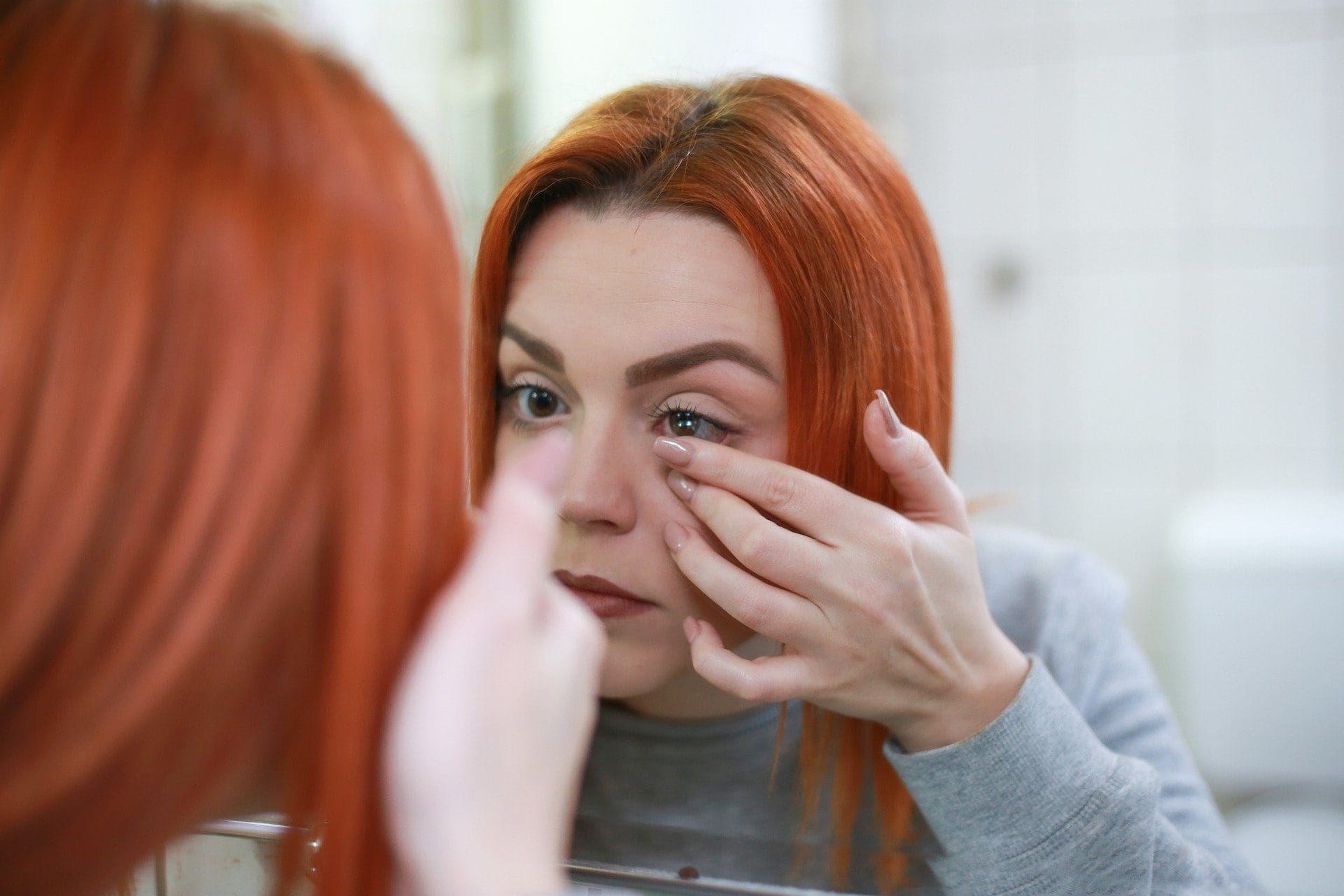Contact Lens Care and Safety Tips for the COVID-19 Pandemic
Contact lens safety is crucial for anyone who wears contact lenses. It’s even more important now during the COVID-19 crisis where touching your eyes can increase your chances of contracting the virus. By practicing proper contact lens care and safety, you maintain eye health and greatly lower your COVID-19 infection risks.
In this post, you’ll learn everything you need to know about contact lens care and safety, starting from different types of contact lenses available today right down to the dos and don’ts of proper contact lens care.
The various types of contact lenses
The first step in proper contact lens care and safety is understanding the different types of contact lenses. The more you know about the lenses that you put in your eyes, the better you’ll be able to care for them.
There are three types of contact lenses prescribed today. These are:
1. Daily disposable contact lenses
Also known as dailies, these contact lenses are designed to be used only once before being disposed of. As the name suggests, you dispose of these contact lenses at the end of the day and then wear a fresh pair the following day.
Keep in mind that dailies are not FDA-approved to be worn during sleep.
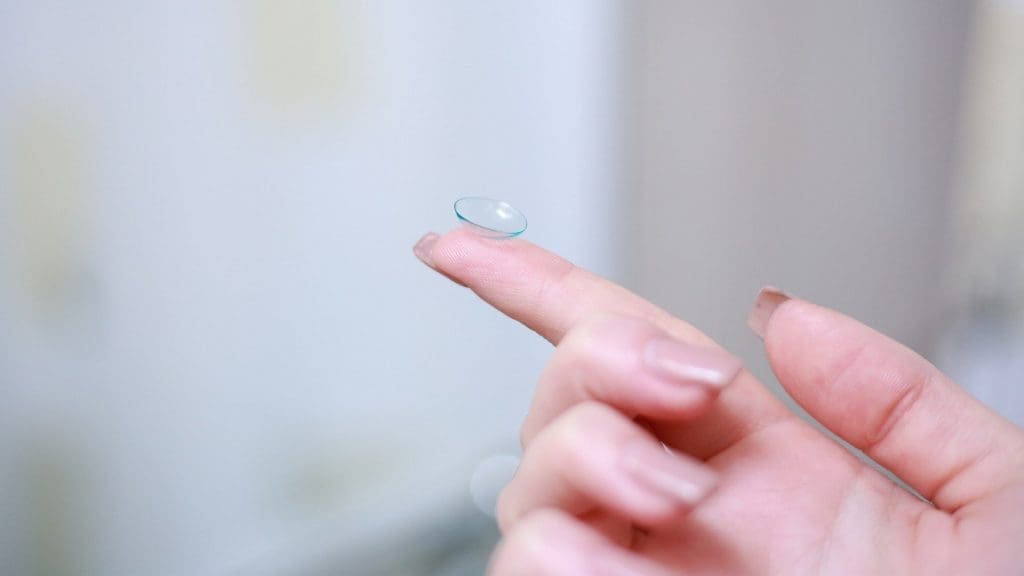
2. One to two-week daily wear contact lenses
Depending on the brand, these contact lenses can be worn from seven to fourteen days. However, they still can’t be worn during sleep. You still have to take them out before you sleep.
3. Extended wear contact lenses
These contact lenses are FDA-approved to be worn even during sleep. Depending on the brand, extended wear contact lenses can be worn for as short as one day to as long as 30 days.
Contact lens care and safety
Proper lens care and safety are essential regardless of the type of contact lenses you wear. You can avoid vision problems and prevent COVID-19 by following these lens care and safety procedures.
- Establish a good hygiene routine.
If you wear contact lenses, practicing good hygiene is one of the most effective ways to not only take care of your eyes but also reduce your chances of COVID-19 infection.
The great thing about good hygiene is that it’s so simple and easy. Here’s all you need to do:
- Wash your hands.
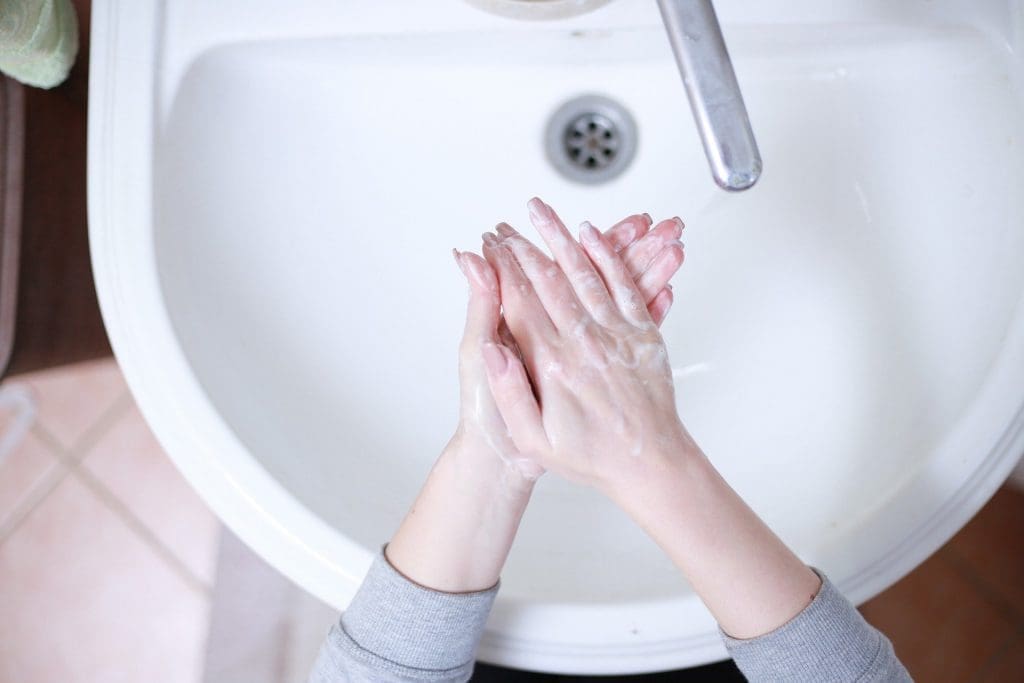
Always remember to wash your hands before:
-
- Touching your eyes
- Putting in your contact lenses
- Removing your contact lenses
- Storing your contact lenses
For completely clean hands, wash your hands with water and antibacterial soap for 20 seconds. Rub your hands together, clean underneath your fingernails, and then rinse. Afterward, dry your hands with a fresh paper towel.
Regular handwashing will ensure that you don’t transfer bacteria onto your eyes and increase your risk of contracting potentially serious eye infections.
- Avoid touching your face.
The Center for Disease Control’s (CDC) official COVID-19 prevention guidelines states that you should avoid touching specific areas of your face with unwashed hands. This includes your eyes, your nose, and your mouth.
While there is no correlation between contact lens wear and COVID-19 infection, contact lens wearers touch their eyes more often than those who don’t wear contact lenses. This is why following this step is critical.
2. Take online vision tests.
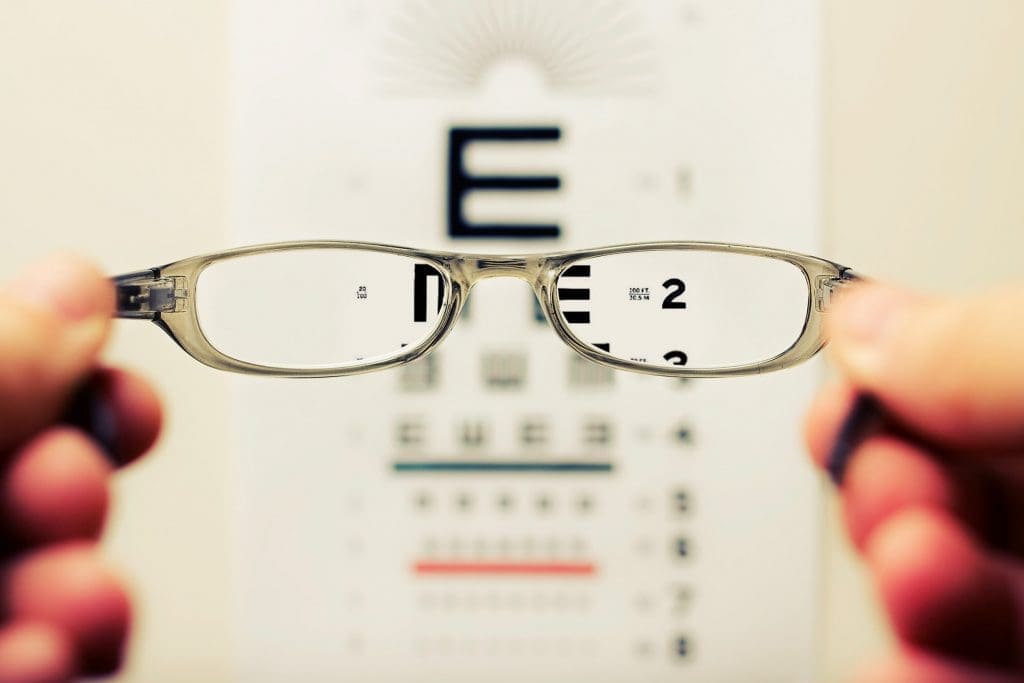
In light of the pandemic, the CDC has also advised people to stay at home unless it’s absolutely necessary for them to go outside. If you need to go outside, it’s best to keep your distance from other people. To minimize the risk of infection, the CDC says its ideal to stay at least six feet away from other people whenever you’re outside your home.
Staying at home is a great way to prevent infection, but what if you need to visit your eye care professional for an eye exam or a new prescription?
This is where contact lens websites come in. Many contact lens e-commerce sites have started offering online vision tests. These tests are designed to mimic onsite eye exams. They are convenient, accurate, and, most of all, safe.
These tests are also reviewed by licensed eye care professionals. This means that you get a valid prescription after completing the online vision test.
By taking an online vision test, you can get a valid prescription from your home’s safety. You can then use this prescription to buy contact lenses online.
3. Remember these contact lens care and safety dos and don’ts.
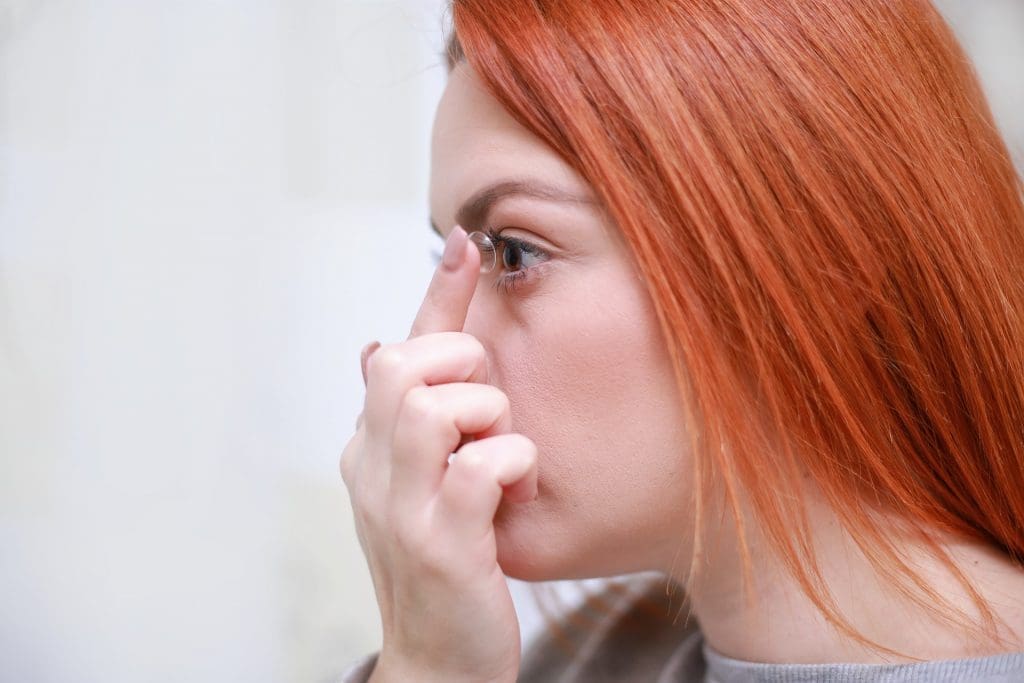
With proper contact lens care, you can make the most out of your contact lenses. You also ensure that your experience while wearing contact lenses is free from any problems such as eye infections or dry eyes.
Whether you’re putting in, removing, cleaning, or storing your contact lenses, keep these dos and don’ts in mind.
- Do
- Wear lenses according to their specified replacement schedule.
- Clean your lenses according to your eye care professional’s instructions.
- Rinse your contact lens case with a disinfecting solution each night before storing your contact lenses.
- Carry an up-to-date pair of prescription eyeglasses with you at all times. You always want to have a backup handy if you can’t wear your contact lenses for whatever reason.
- Don’t
- Sleep in contact lenses unless they are FDA-approved for extended or continuous wear
- Rinse your contact lenses using tap water. The bacteria in tap water can cause eye infections
- Wear contact lenses while swimming. Harmful bacteria can latch on to your contact lenses and cause serious eye infections.
Conclusion
There are three types of contact lenses available today: 1) daily disposable contact lenses, 2) one to two-week daily wear contact lenses, and 3) extended wear contact lenses. Whichever type you wear, it’s important that you learn proper contact lens care and safety.
Knowledge of proper contact lens care and safety procedures will keep your eyes healthy, and your vision sharp. Furthermore, it will help in minimizing your risk of COVID-19 infection.
